Certification Eligibility, Discipline, and Appeals
Certification Policies
In November 2018, the Board of Directors updated the certification policies of the National Registry. The policies can be viewed by downloading the PDF documents below.
- Appeals Policy
- Certificant Personal Information Policy
- Disciplinary Actions Policy
- Examinations Irregular Behavior Policy
- Reconsideration of Eligibility Policy
- Reporting Misconduct Policy
- Terms of Certification Policy
The Purpose of Certification and the National Registry
The National Registry of Emergency Medical Technicians (National Registry) is the National EMS Certification as outlined in the National EMS Education Agenda for the Future: A Systems Approach. National EMS Certification is utilized in the EMS licensure process in the United States. The National Registry conducts its activities in accordance with its mission to certify and register Emergency Medical Services (“EMS”) Professionals throughout their careers by a valid and uniform process which assesses the knowledge and skills for competent practice and by maintaining a database of registrants. Registry policies are established to assure the public, EMS licensing or authorizing agencies, employers and other healthcare providers that certified EMS professionals have demonstrated the required knowledge and skills to practice safely and effectively.
The Role of the National Registry
In its role as the Nation's EMS certification, the National Registry:
- Establishes eligibility requirements for applicants for certification
- Develops examination requirements (cognitive and psychomotor)
- Establishes re-certification requirements
- Reviews applicants’ self-disclosed criminal convictions and actions taken against their healthcare related professional licenses
- Monitors certification status of registrants and takes appropriate action against the certification when apprised of adverse licensure actions and criminal convictions
- Provides to licensing or authorizing agencies obtained adverse licensure action and criminal conviction information regarding registered EMS professionals
The National Registry does not :
- Establish, accredit or approve education programs for certification or recertification
- Assess job performance
- Assess fitness for all aspects of job performance (physical, mental, criminal background clearance)
- Investigate complaints regarding EMS practice
- Establish scopes of practice or standards of care
- Establish job-related standards of professional behavior
Learn more about the differences between certification and state licensure.

